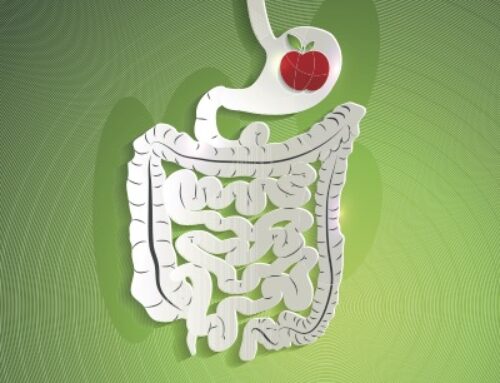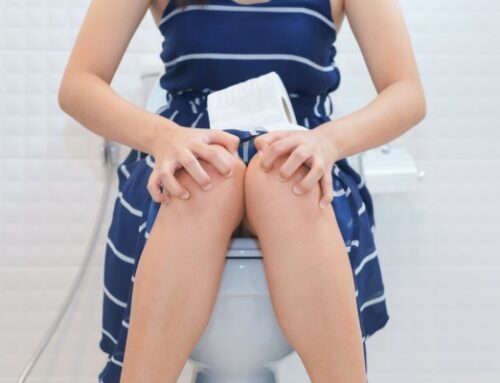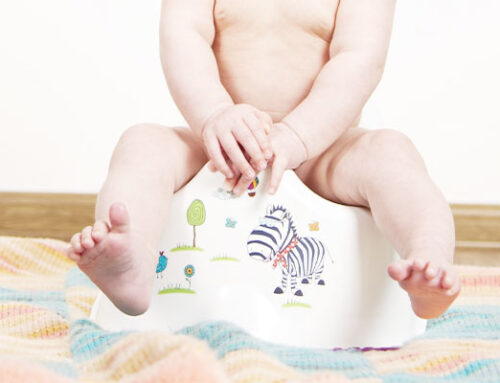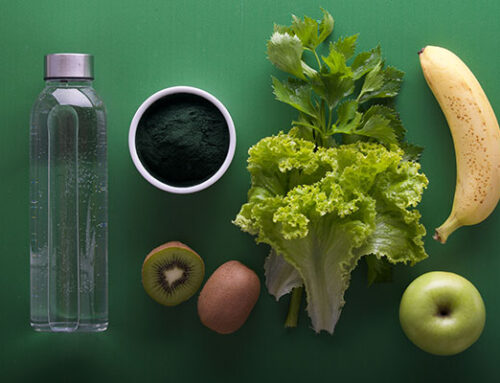What is constipation?
Constipation is where you find it difficult to poo and/or you have infrequent trips to the toilet. Most people do their number 2s between 3 times per week and 3 times per day. Ideally bowel movements should be complete (you don't feel like you still have more poo to come out) and spontaneous (you don't need to use laxatives, manual manoeuvres or straining to get the poo out). If either of these isn't the case, or you are going less than 3 times per week, then you could be constipated.
Nearly everyone experiences constipation at least once in their lifetime, but certain things can mean you are more likely to be affected. Factors that contribute to poor bowel regularity include a poor diet, dehydration, lack of exercise, stress, age and hormonal changes like in pregnancy.
Causes of constipation during pregnancy
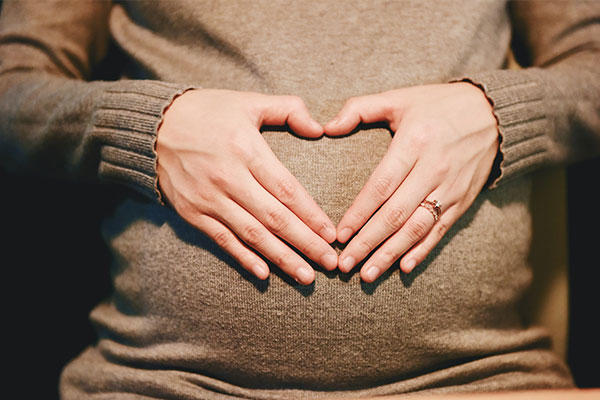
Constipation is reported to be more common in the first and second trimesters (35-39%) but still occurs during the third trimester (21%) and even after baby comes (17%) [1]. One study found that half of women experienced constipation at some point during their pregnancy [2].
Changes to diet can impact your bowel habits, and as with any other time, if you aren't consuming enough dietary fibre and/or water while pregnant, then your gut may suffer.
Another reason constipation occurs during pregnancy is due to hormone changes, particularly the increases in progesterone. The secretion of motilin, a hormone that increases gut motility (movement) appears to be inhibited by the increased levels of progesterone [3,4]. This means the passage of food through the digestive tract is slower resulting in sluggish bowels and, due to the delayed emptying of the stomach, heartburn. There is also an increase in water absorption during pregnancy, which means less water left behind in the digestive tract resulting in the hardened stool.
Later on in pregnancy, the increasing size of the baby puts pressure on the bowel. On top of this, pregnant women often take iron supplements which can cause constipation, as can other medications that they might take for morning sickness or heartburn.
After birth, it can be difficult to get things moving straight away, particularly if you've had a caesarean or got stitches.
Some side effects issues that may result from constipation include haemorrhoids, anal fissures, faecal impaction or rectal prolapse. Talk to your doctor if you are at all concerned and especially if you see blood in your stool.
What can I do to relieve constipation if I'm pregnant or breastfeeding?
The best way to naturally relieve constipation is to:
- Eat a healthy diet, rich in high-fibre foods like fruits and vegetables and avoid highly processed/refined foods.
- Get moving – exercise daily if possible.
- Stay hydrated – water helps to keep the ingested food moving along the gut and will keep your stool soft and easy to pass. 2 – 3 L a day is recommended.
- Take the time to recharge and minimize stress.
- Don't ignore that urge to go!
- Develop a regular and unhurried habit – this will help to avoid straining and stress.

Green kiwifruit is a great option for pregnant or breastfeeding mums. Actazin® is a New Zealand green kiwifruit powder which contains natural green kiwifruit components that help to normalise your bowel, stimulate mucus production, reduce inflammation, and modulate muscle contraction.
If these measures don't provide relief to your constipation, you might consider taking laxatives. Make sure you consult your health practitioner (doctor, pharmacist or midwife) before reaching for over-the-counter solutions or supplements.
References
[1] Verghese, T. S., Futaba, K., & Latthe, P. (2015). Constipation in pregnancy. The Obstetrician & Gynaecologist, 17: 111-115.
[2] Bradley, C. S., Kennedy, C. M., Turcea, A. M., Rao, S. S., & Nygaard, I. E. (2017). Constipation in pregnancy: prevalence, symptoms, and risk factors. Obstetrics & Gynecology, 110 (6): 1351-1357.
[3] Christofides, N. D., Ghatei, M. A., Bloom, S. R., Borberg, C., & Gillmer, M. D. (1982). Decreased plasma motilin concentrations in pregnancy. British Medical Journal, 285: 1453 – 1454.
[4] Qiu, X. H. (1993). [Relation between motilin concentration and progesterone level in normal pregnancy and early postpartum]. Zhongua fu Chan ke za zhi, 28 (9): 524-526.


